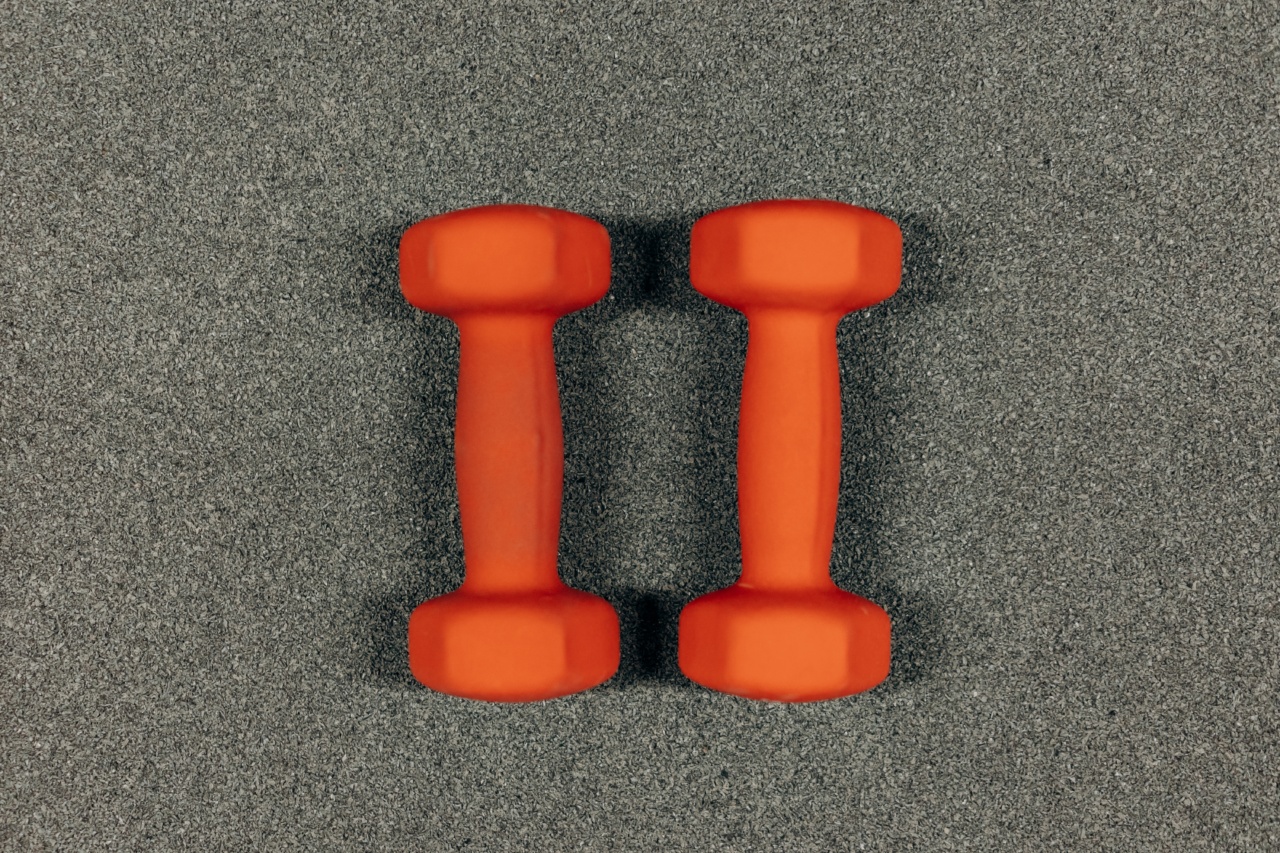When we talk about the benefits of exercise, the first thing that comes to mind is probably weight loss. While exercise is definitely an effective tool for shedding pounds, its benefits go far beyond just burning fat.
In fact, exercise has numerous physical and mental health benefits that can improve our overall quality of life.
Improved Cardiovascular Health
Aerobic exercises such as running, cycling, and swimming are great for increasing your heart rate and improving your cardiovascular health.
When you engage in these types of exercises, your heart pumps faster, which improves blood flow and oxygen delivery to your body’s organs and tissues. Regular aerobic exercise can help reduce your risk of heart disease, stroke, high blood pressure and other related health conditions.
Stronger Bones and Muscles
In addition to improving cardiovascular health, exercise can also strengthen our musculoskeletal system. Weight-bearing exercises like strength training, hiking, and dancing can help build and maintain healthy bones, especially as we age.
In fact, exercise can help prevent conditions like osteoporosis, which can cause brittle and fragile bones.
Additionally, regular exercise can help you build strong muscles that can help you perform daily tasks easily and with less effort.
When you maintain healthy muscle mass, you’re also reducing your risk of falls and injuries, especially in older age.
Better Mental Health
Exercise isn’t just good for your body, it’s good for your mental health too. Regular exercise has been shown to reduce symptoms of depression and anxiety, improve mood, and increase self-esteem.
This is because exercise helps release endorphins, which are natural feel-good chemicals in our brains.
Exercise can also help reduce stress and improve overall cognitive function. By boosting blood flow and oxygen to your brain, you can improve your memory, focus, and productivity.
Improved Sleep Quality
Another benefit of exercise is better sleep quality. Exercise can help you fall asleep faster and get more restful sleep. Just be careful not to exercise too late in the day as it can have the opposite effect and keep you awake at night.
Reduced Risk of Chronic Diseases
Regular exercise has been linked to a reduced risk of many chronic diseases, including heart disease, diabetes, and certain types of cancer. This is because exercise helps keep our bodies healthy and functioning optimally.
Exercise can also help manage symptoms of existing health conditions, such as Type 2 diabetes or arthritis.
Increased Longevity
While we can’t stop the aging process, regular exercise is one way we can promote longevity and improve our quality of life in the later years. Exercise can help keep our bodies strong and healthy, which can help us live independently for longer.
By reducing the risk of chronic diseases and cognitive decline, we’re also increasing our chances of living a longer, healthier life.
Improved Overall Quality of Life
Finally, regular exercise can simply make us feel better. When we exercise, we often feel a sense of accomplishment, which can help boost our confidence and self-esteem.
Exercise can also be a social activity, allowing us to connect with others who have similar interests and passions. Additionally, exercise can help us feel more energetic and productive, which can spill over into other areas of our lives.
Conclusion
The power of exercise goes far beyond just shedding pounds. Regular exercise has numerous physical and mental health benefits that can improve our overall quality of life.
From improved cardiovascular health and stronger bones and muscles to better mental health and increased longevity, exercise is an essential tool for maintaining a healthy, happy life.































